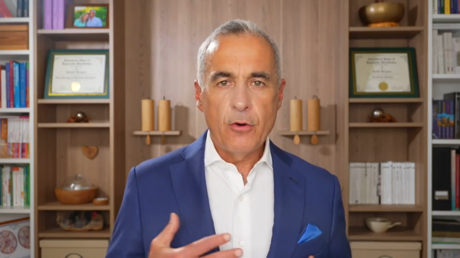ARTICLE AD BOX
French television BFMTV reported on Tuesday, citing what it called "reliable sources," that the Paris Public Prosecution Office recently opened a judicial investigation into suspicions of illegal financing of the 2022 presidential election campaign of the leader of the far-right Front in France, Marine Le Pen.
The investigation was opened by a decision taken by the Public Prosecutor's Office following a report issued last April by the National Commission for Electoral Campaign Accounts and Political Financing (CNCCFP), after suspicions were raised about her embezzlement of European Parliament funds to finance her campaign.
After her party won fewer seats than expected in parliamentary elections over the weekend, Le Pen faces up to 10 years in prison and a ban from running for political office if convicted after a trial that begins in Paris in September on charges of embezzlement.
BFMTV confirmed, citing identical sources, that Marine Le Pen is not the only candidate in the 2022 presidential election included in the report issued by the National Commission for Campaign Accounts and Political Financing.
The party is accused of embezzling funds from the European Parliament.
The investigation is linked to the National Rally's theft of taxpayer money from the European Parliament, with sources saying there is compelling evidence that Le Pen illegally received around €620,000 on behalf of her party.
Le Pen is due to go on trial later this year, along with 27 others, on charges of "misuse of EU funds", charges that Le Pen's party has also refuted.
In contrast, the former presidential candidate accused the judiciary of acting in a "political manner above all," adding: "We will present our arguments before the court on the basis of them," while all those involved denied committing any violations.
Embezzlement is a crime punishable in France by up to 10 years in prison, and penalties available to judges include fines of around £1m. In Le Pen’s case, prosecutors are seeking “an additional penalty of disqualification from standing for election for a maximum of five years,” according to a source close to the case.
.png)
 4 months ago
3
4 months ago
3









 English (US)
English (US)